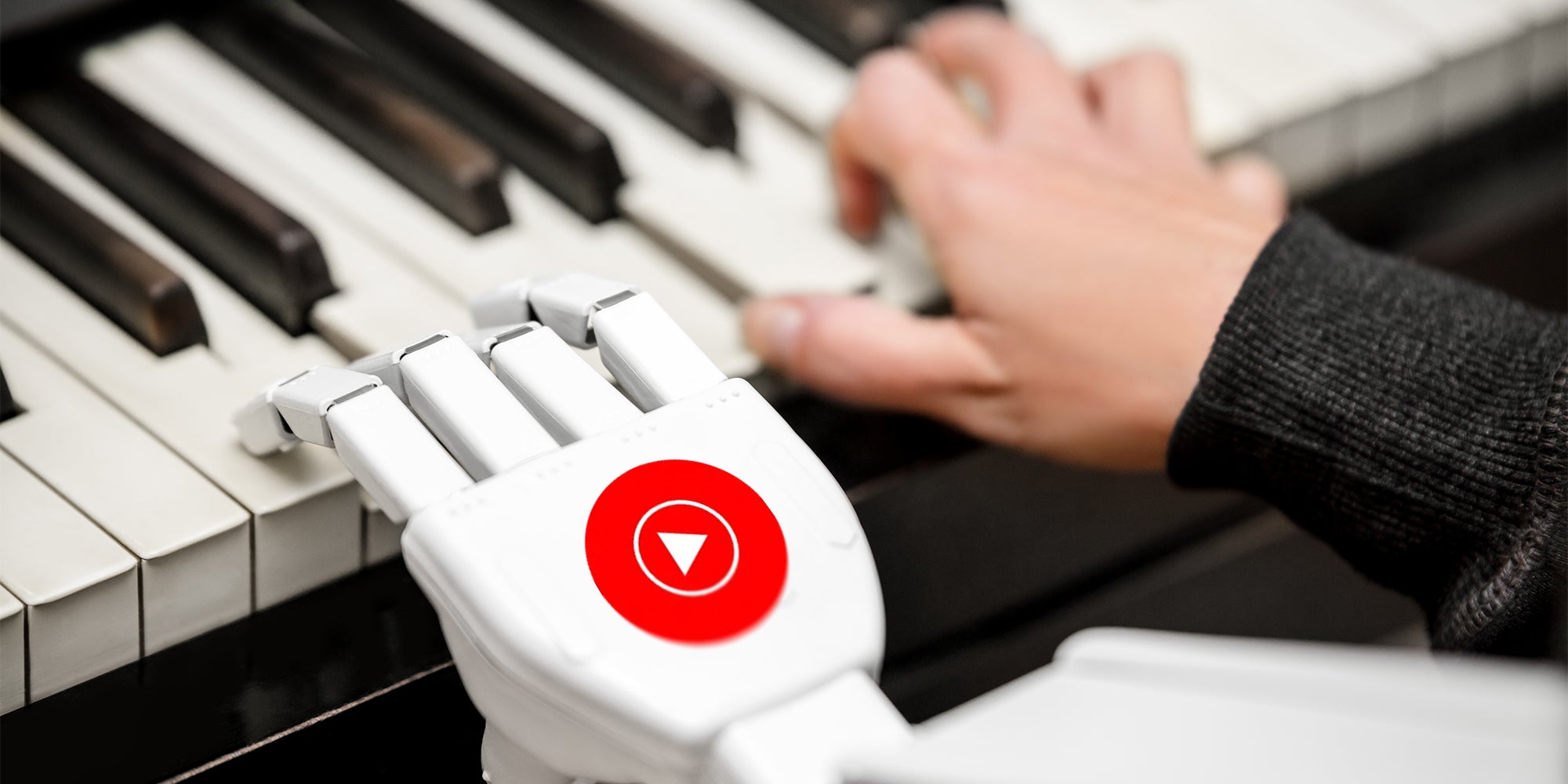
Another day, another AI scandal. This time, the focus is once again on the music industry. According to a Jan. 26 report by Billboard, record labels are at odds with Google after the company trained its new AI music model, YouTube Dream Track, on copyrighted music without asking for permission from record labels first.
DeepMind, Google’s AI arm, unveiled YouTube Dream Track AI last November. It used Lyria, DeepMind’s musical AI program, to pair user-generated prompts with original music and AI-generated replicas of existing musicians’ voices. A number of musicians, including T-Pain, Demi Lovato, Troye Sivan, and Charli XCX, participated in the test run for DreamTrack. Google signed a limited number of one-off licenses for this.
But, according to Billboard, some record labels are unhappy with the way Google is doing things because Lyria, in and of itself, was trained using music without the record label’s explicit permission. While Google went to these labels to show them the finished product, copyright holders were allegedly never given the option of ‘opting out’ of their music being used to train and build Lyria.
In a statement to Billboard, YouTube said: “We remain committed to working collaboratively with our partners across the music industry to develop AI responsibly and in a way that rewards participants with long-term opportunities for monetization, controls and attribution for potential genAI tools and content down the road.”
Currently, there is no legal precedent for what Google did. The question of whether a company needs permission before using a copyrighted product in this way is actually at the center of numerous lawsuits right now, like Getty Images v. Stability AI and the Authors Guild v. OpenAI.
In these lawsuits, AI startups and tech companies like OpenAI claim it falls under “fair use” to use copyrighted material in this way. In contrast, copyright holders argue that tech companies should get prior permission first.
All in all, the damage is done now. Until these thorny legal cases resolve themselves (which could take months), record labels and musicians will remain in this limbo. Per Billboard, YouTube remains enthusiastic about working with creators and record labels on future musical projects. But after the actions of their parent company, I don’t see that going well.




